2003-05-02 16:29
Gwangyang needs reconsider terminal fee system
The Korea Container Terminal Authority (KCTA) has had to postpone collecting investment money from terminal operating companies until they get out of the red and succeed in securing more shipping lines and cargoes.
Mr. Donghee Han, Gwangyang branch manager at Hanjin Shipping, reported on how subleasing according to a company’s profitability has influenced activities in Gwangyang recently.
He said in the report that Gwangyang terminal operating companies signed with the KCTA to introduce a profit-sharing system where charges would vary with profitability on top of the basic charge for subleases during the period from 2002 to 2007. Then, a fixed rates system will come into force from 2008. After yearly terminal handling amounts were released in mid-March, the KCTA charged terminal operating companies that handled cargoes over the base amount according to the profit-sharing system.
The profit-sharing charges were determined based on the number of cargoes above a base level. They included total import and export cargoes but exempted transit and coastal ones.
However, in the course of paying profit-sharing charges, the terminal operating company handled domestic import and export cargoes of 295,000 TEUs, but had to pay an additional 1.56 billion won as it handled 397,000TEUs in transit cargoes, for which it could not levy additional charges.
He explained that this was caused by the government policy to exempt profit-sharing charges for transit cargoes to foster Gwangyang port by drawing more cargoes.
This policy will harm shipping companies that handle more local cargoes than transit cargoes until 2008 when the fixed rates system is introduced. He claimed that it is unfair to give benefits to shipping companies that handle transit cargoes.
Surrounded by countries that draw cargoes to themselves by offering benefits to shipping lines, Mr. Han said that most urgent thing is to change the methods of calculating subleases in order to stimulate activity in Gwangyang. On the KCTA side, it will try to collect its investment earlier than scheduled, but terminal operating companies won’t draw cargoes over the basic quotas under this system, i.e. it won’t work to help the port of Gwangayang to draw cargoes.
“The KCTA needs to take care of terminal operating companies in Gwangyang to stand on its own feet and then to draw cargoes to its terminals and reclaim its investment within 2-3 years,” asserted Mr. Han.
Mr. Donghee Han, Gwangyang branch manager at Hanjin Shipping, reported on how subleasing according to a company’s profitability has influenced activities in Gwangyang recently.
He said in the report that Gwangyang terminal operating companies signed with the KCTA to introduce a profit-sharing system where charges would vary with profitability on top of the basic charge for subleases during the period from 2002 to 2007. Then, a fixed rates system will come into force from 2008. After yearly terminal handling amounts were released in mid-March, the KCTA charged terminal operating companies that handled cargoes over the base amount according to the profit-sharing system.
The profit-sharing charges were determined based on the number of cargoes above a base level. They included total import and export cargoes but exempted transit and coastal ones.
However, in the course of paying profit-sharing charges, the terminal operating company handled domestic import and export cargoes of 295,000 TEUs, but had to pay an additional 1.56 billion won as it handled 397,000TEUs in transit cargoes, for which it could not levy additional charges.
He explained that this was caused by the government policy to exempt profit-sharing charges for transit cargoes to foster Gwangyang port by drawing more cargoes.
This policy will harm shipping companies that handle more local cargoes than transit cargoes until 2008 when the fixed rates system is introduced. He claimed that it is unfair to give benefits to shipping companies that handle transit cargoes.
Surrounded by countries that draw cargoes to themselves by offering benefits to shipping lines, Mr. Han said that most urgent thing is to change the methods of calculating subleases in order to stimulate activity in Gwangyang. On the KCTA side, it will try to collect its investment earlier than scheduled, but terminal operating companies won’t draw cargoes over the basic quotas under this system, i.e. it won’t work to help the port of Gwangayang to draw cargoes.
“The KCTA needs to take care of terminal operating companies in Gwangyang to stand on its own feet and then to draw cargoes to its terminals and reclaim its investment within 2-3 years,” asserted Mr. Han.
많이 본 기사
- 국제물류업계, 광양항 마지막 배후단지 활용법 모색한다‘일상이 된 물류시장 불확실성’, AI·친환경이 돌파구‘수요 둔화 지속’ 컨운임지수 한주만에 1300선으로 후퇴‘고환율·저운임’ 글로벌 물류기업 일제히 부진한 실적 신고DHL, 중동 두바이에 차세대 물류허브 개소해운협회, 부산항도선사회와 CCTV 활용 안전도선 업무협약우수물류기업 인증 체감효과 낮아 “인센티브 확대 필요”한국해양대, 장금상선등 해운사와 해양인재 양성방안 모색2028년 유엔 해양총회 한국 유치 확정벌크선시장, 급등 이후 조정 '속도 조절 들어가나'
- 2026 글로벌 공급망 전망과 한국 물류산업의 전략적 대응KMI, 우리나라와 북극권국가 협력 방안 모색인사/ 팬오션해양과학기술원, 日과 친환경 연안공간 만들기 '맞손'전재수 해수부 장관 사의…“해양수도권 차질없이 육성되길”쿠팡 박대준 대표이사 사임…“개인정보 유출 책임 통감”에스티엘글로벌, 한국해大 해사대학에 장학금 기부인사/ 해양수산부日 ONE 운항 9100TEU급 컨선 화재…공동해손 선언윌로그, 벤처창업진흥유공 대통령 표창 수상





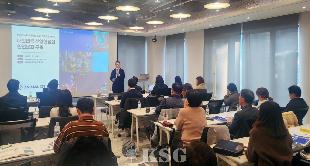
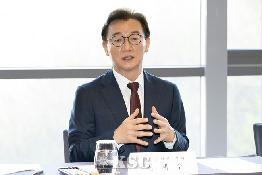


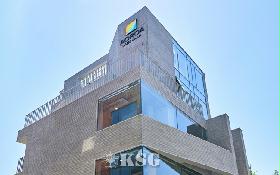
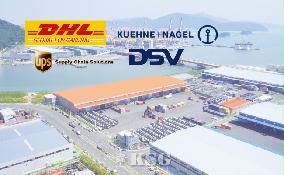

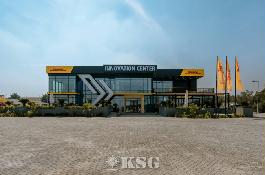
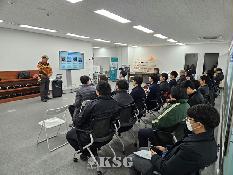
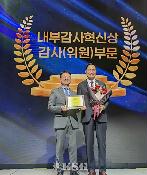
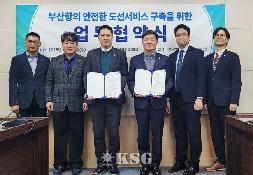
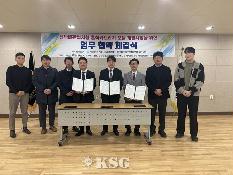

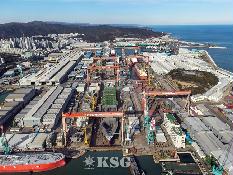
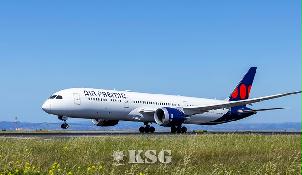
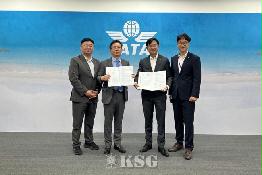
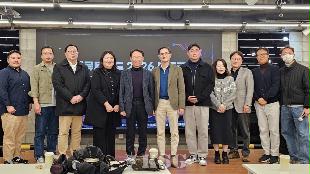
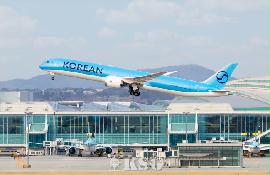


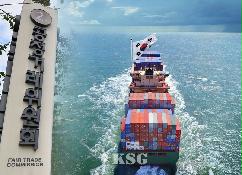
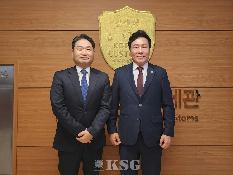

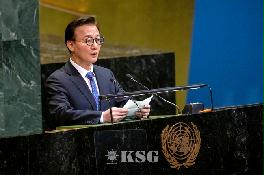
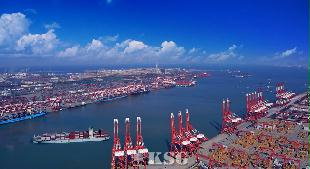
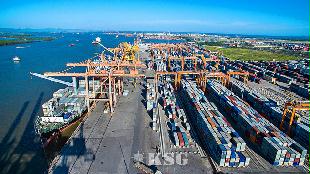
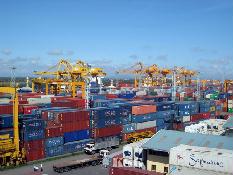






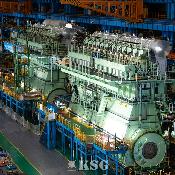
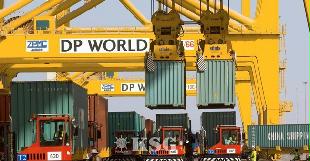
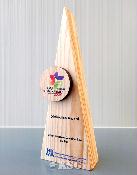
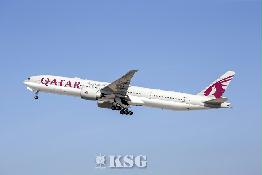





















0/250
확인